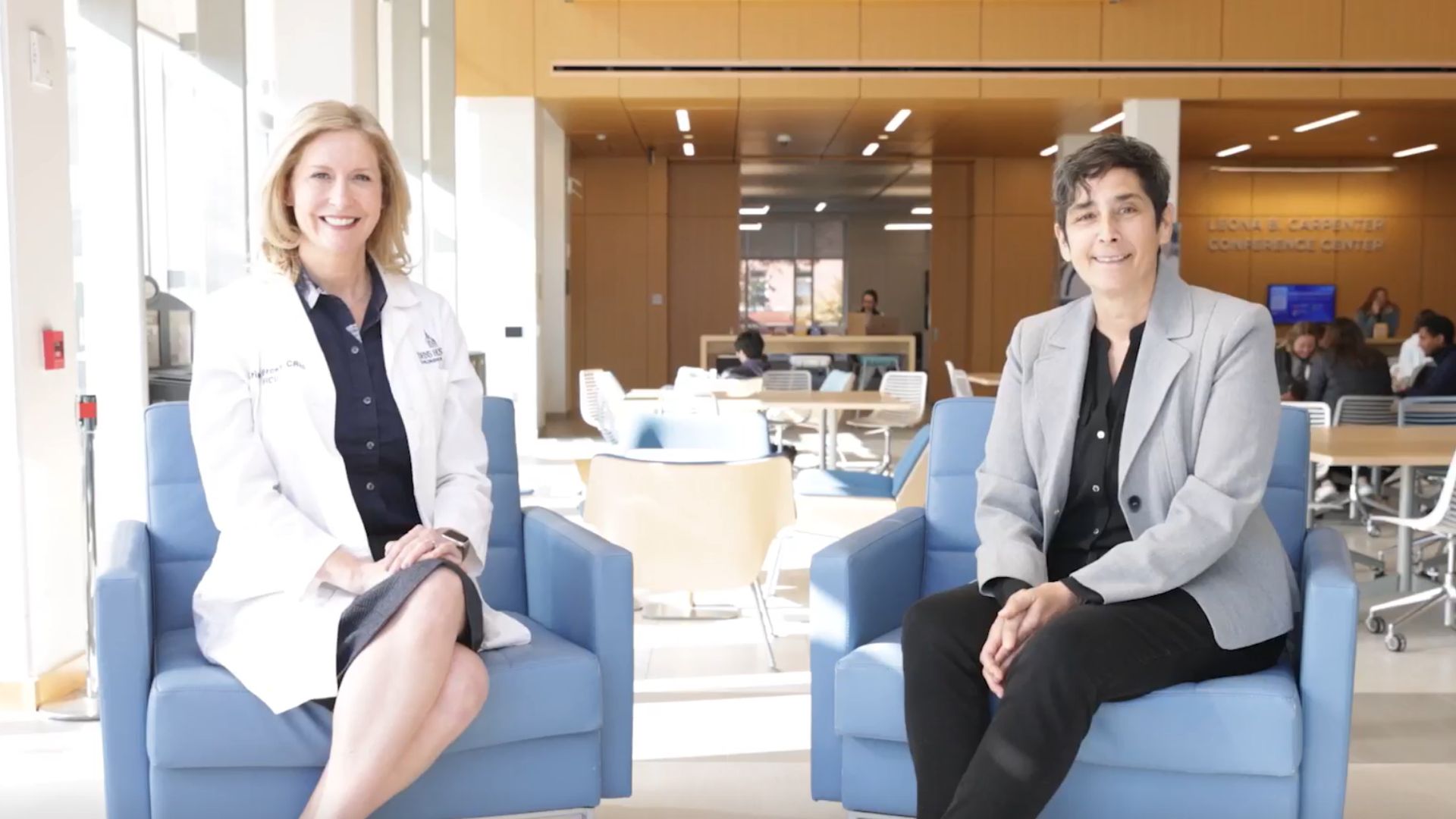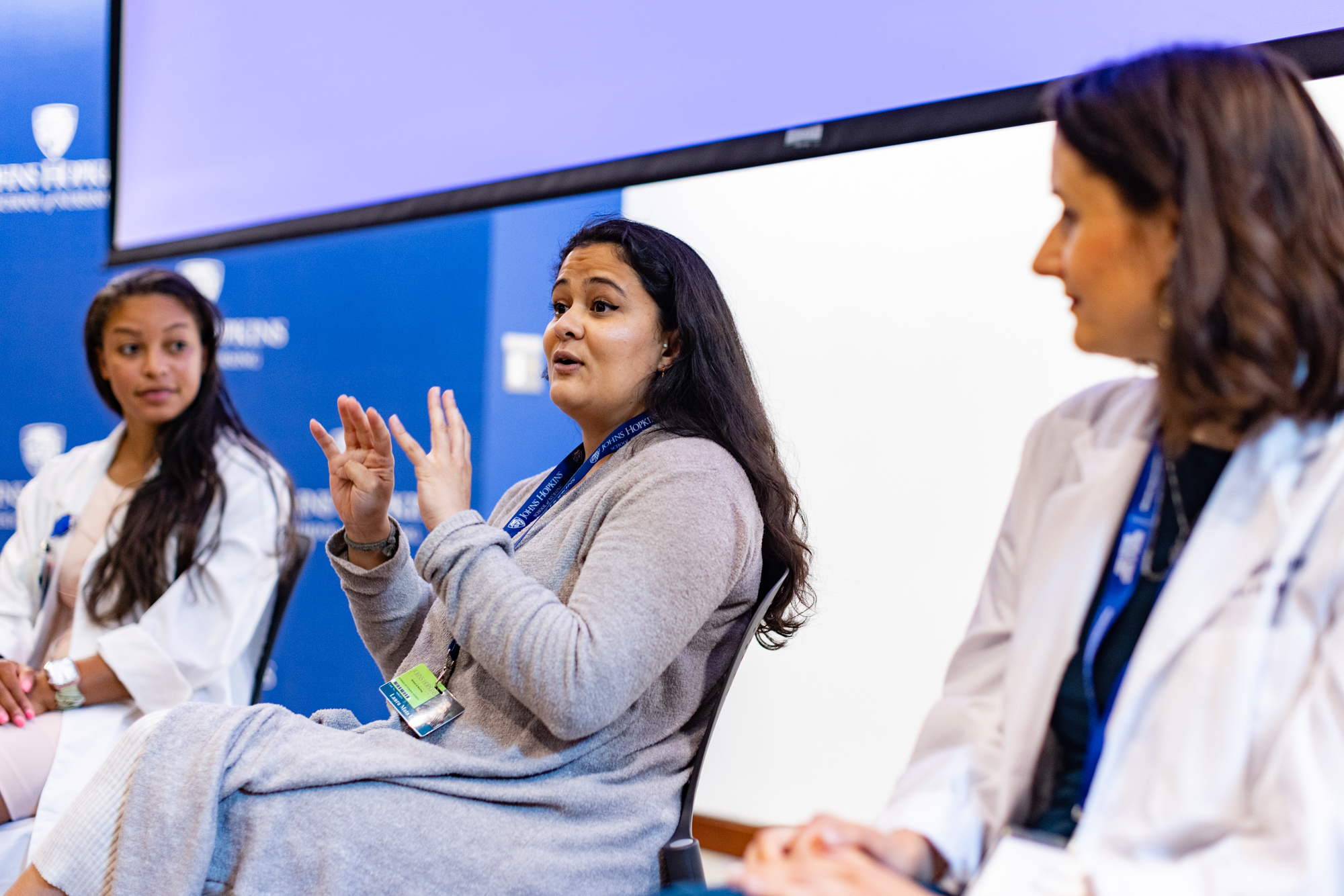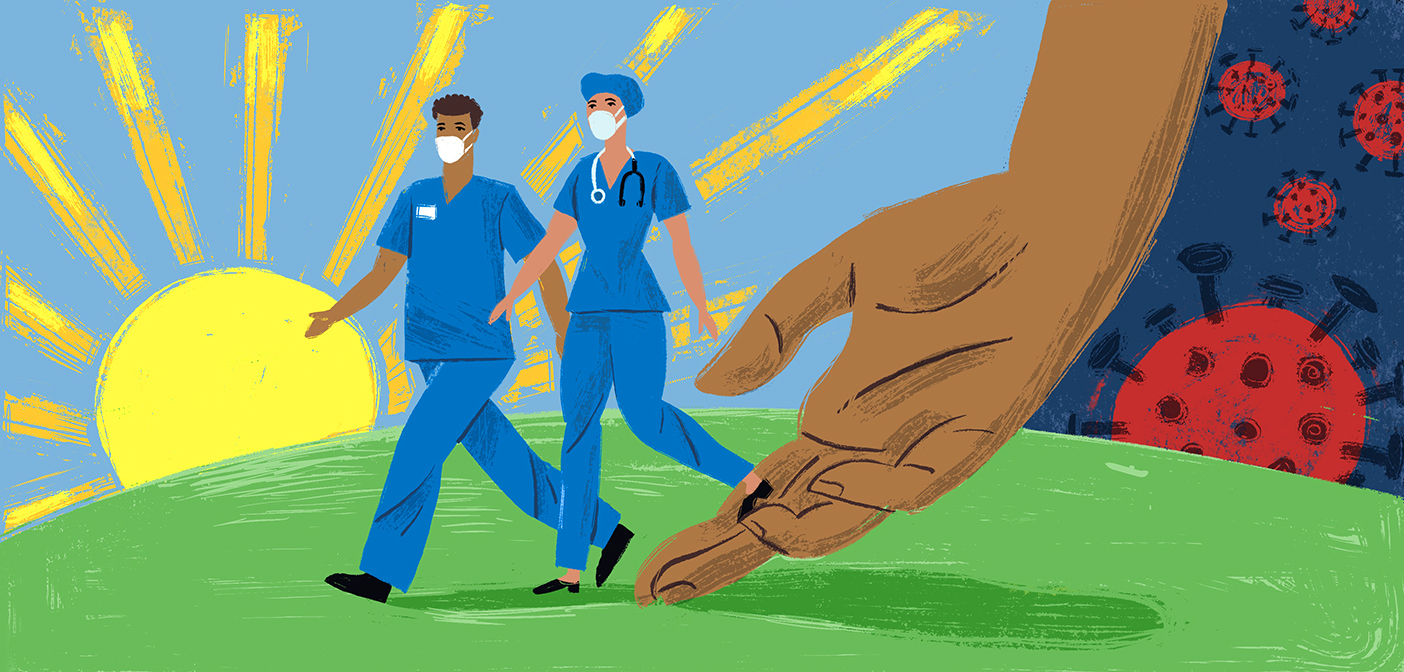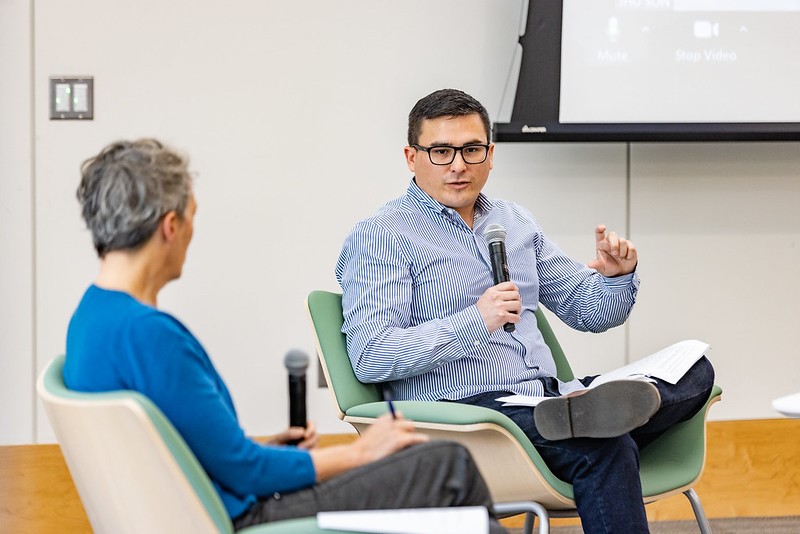On the heels of the CDC’s recent report on increasing suicide rates in the U.S. and the tragic deaths of Kate Spade and Anthony Bourdain, I am deeply saddened and haunted by what this reveals about the imminent health and attitude of our nation and world.
The media coverage of these high profile suicides raise our awareness, but it usually leaves out an important part of the story—the many lives that are lost every day due to suicide, the hopelessness that has led to a fateful conclusion there is no other way out, and the families and children who may never fully recover from the loss.
A lost person, regardless of his or her social status, is an absolute tragedy because suicide is preventable and ALL human life is sacred.
It is long past due for us to change the conversation. We must look at how we as a society can bolster the safety net that helps people see a better future for themselves and their children. The shocking death stories of famous people make us stop and think for a short while, but soon the Twitter feeds fill up again and we forget, while communities everywhere continue to suffer from the untold story of helplessness and hopelessness. Because that really is what it’s about—the loss of hope and the feeling there is no other solution.
There are far too many within our communities who are in continual poverty and have no idea how they will pay their bills. Many struggle with the financial and social means to be able to move to safer neighborhoods or get the help they need to escape addiction. These are slow deaths that need just as much of our attention.
As a child psychiatric nurse, I work to help parents raising young children in low-income, under-resourced communities who want so much to make a better life for their children. But our country’s safety net keeps shrinking. It’s becoming harder and harder for parents and children to see a way forward. I worry about the hopelessness that this engenders and the slow suicide of addiction, violence, and social isolation that happens when people have tried so hard but still see no way out.
I feel incredibly sad for the loved ones of Kate Spade and Anthony Bourdain. They not only have to experience this loss once, but relive their pain in the media every day, for far too long. Perhaps we can take our shock and sadness and apply it to address the hopelessness that many feel about their futures because we haven’t provided a stronger, more responsive safety net.
For nurses this means a direct focus on the social determinants of health, incorporating solutions to social problems into our practice, linking individuals and families we encounter with resources to help them get food, access to mental health professionals, transportation, shelter, and the like.
People commit suicide because they cannot see any other way out. Let’s show them that’s not the truth.
 ABOUT THE AUTHOR: DEBORAH GROSS
ABOUT THE AUTHOR: DEBORAH GROSS
Deborah Gross, DNSC, RN, FAAN, is Leonard and Helen Stulman Endowed Professor in Psychiatric and Mental Health Nursing at the Johns Hopkins School of Nursing. She is best known for her work in promoting positive parent-child relationships and preventing behavior problems in preschool children from low-income neighborhoods. Her areas of expertise include psychology, mental health nursing, prevention, research, and early childhood intervention.

 The Returned Peace Corps Volunteer to Nurse Pipeline
The Returned Peace Corps Volunteer to Nurse Pipeline From Health at Home to ICU, Pediatric Nurse Practitioners Talk About the Care Continuum
From Health at Home to ICU, Pediatric Nurse Practitioners Talk About the Care Continuum A Shared Resilience
A Shared Resilience COVID and Nursing: Where to from Here?
COVID and Nursing: Where to from Here? Just Getting Started: Alum Fernando Mena-Carrasco Back for PhD
Just Getting Started: Alum Fernando Mena-Carrasco Back for PhD







